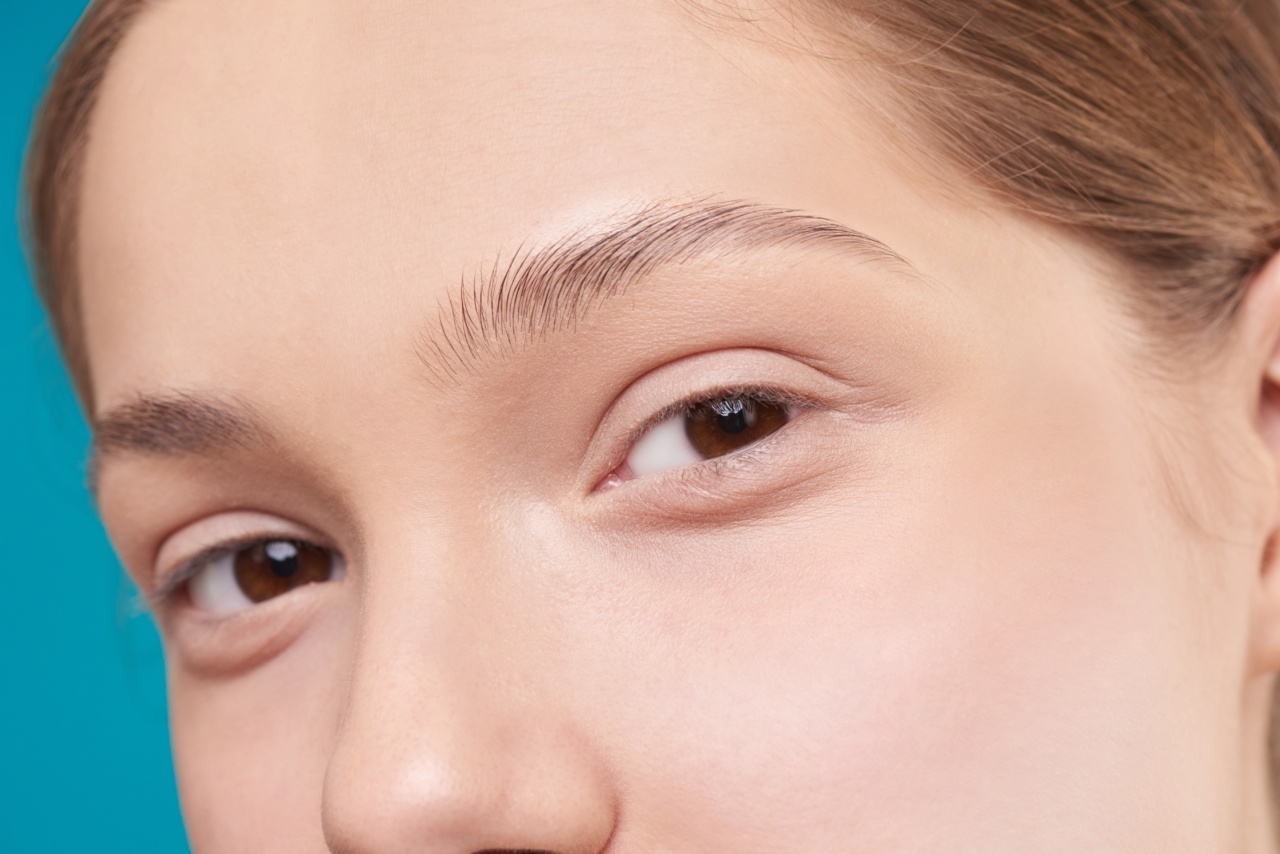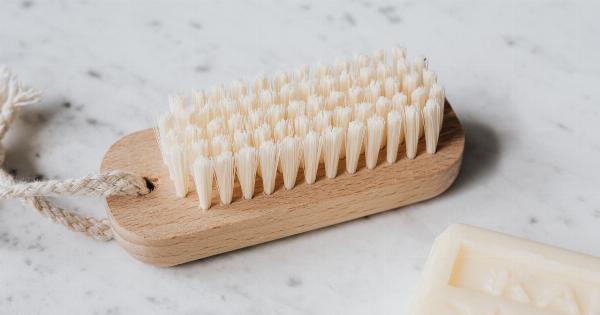Allergies and a persistent runny nose can be a major inconvenience and cause discomfort in our daily lives.
Whether it’s due to seasonal changes, environmental factors, or specific allergens, finding ways to cope with these symptoms is essential for overall well-being. In this article, we will discuss effective methods to clear the air, manage allergies, and alleviate the misery associated with a runny nose.
Understanding Allergies
Allergies occur when the immune system reacts to foreign substances, known as allergens, that are typically harmless to most people. Common allergens include pollen, dust mites, pet dander, certain foods, and mold.
When an allergic individual comes into contact with these substances, their body releases histamines, leading to a variety of symptoms such as sneezing, itching, nasal congestion, and, of course, a runny nose.
Identifying Personal Triggers
To effectively manage allergies and address a runny nose, it is crucial to identify personal triggers. Each person may have different sensitivities and allergens that provoke their symptoms.
Keeping a diary of symptoms and potential triggers can help pinpoint the specific substances or situations that worsen your allergies. Consult with an allergist to perform tests and determine your specific triggers.
Cleaning and Purifying the Air
To alleviate allergy symptoms and prevent a runny nose, it is important to keep the air around us clean and free from allergens. Consider these tips:.
1. Regularly vacuum and dust your home
Use a vacuum cleaner with a HEPA filter to effectively capture allergens from carpets, upholstery, and curtains. Dust surfaces using a damp cloth or a microfiber cloth to avoid dispersing irritants into the air.
2. Use air purifiers
Invest in high-quality air purifiers for your home or office. These devices are designed to remove allergens, pollutants, and irritants from the air, helping to reduce allergy symptoms and improving overall air quality.
3. Keep windows closed
During peak allergy seasons, keeping windows closed prevents pollen and other allergens from entering your home. If you feel the need to open windows for fresh air, consider using window filters that can block out allergens.
4. Replace air filters
Regularly replace the air filters in your heating and cooling systems. Clean filters ensure that particles and allergens are effectively removed from the air circulating in your home.
5. Maintain a humidity level
Keep humidity levels in your home between 30-50%. High humidity can promote the growth of mold and dust mites, triggering allergies. Use dehumidifiers or air conditioners to maintain an optimal humidity level.
6. Wash bedding frequently
Wash sheets, pillowcases, and blankets regularly in hot water to eliminate dust mites and other allergens that may accumulate over time.
Seek Allergy Relief
Besides keeping the air clean, there are additional strategies to find relief from allergies and reduce a runny nose. Consider these options:.
1. Over-the-counter medications
Antihistamines, decongestants, and nasal sprays can provide temporary relief from allergy symptoms, including a runny nose.
Consult with a healthcare professional or pharmacist to select the most appropriate over-the-counter medication for your specific needs.
2. Nasal irrigation
Using a saline solution or a neti pot, you can rinse and irrigate your nasal passages, providing relief from congestion and reducing the frequency of a runny nose. Follow proper instructions and ensure the water used is properly sterilized.
3. Allergy shots
Allergy shots, also known as immunotherapy, involve regular injections of small amounts of allergens over a period of time. This treatment helps desensitize the immune system and can provide long-term relief from allergies and a runny nose.
4. Steam inhalation
Inhaling steam from a bowl of hot water or using a humidifier can help relieve nasal congestion and soothe a runny nose. Adding essential oils, such as eucalyptus or peppermint, may provide additional benefits.
5. Natural remedies
Several natural remedies may offer relief from allergy symptoms.
These include using honey to help alleviate seasonal allergies, consuming spicy foods to clear nasal passages, and incorporating turmeric, ginger, or garlic into your diet for their anti-inflammatory properties.
Lifestyle Modifications
Making certain changes in your daily routine and environment can significantly reduce allergy symptoms and minimize a runny nose. Consider these lifestyle modifications:.
1. Avoid outdoor activities during peak pollen times
Outdoor allergens such as pollen are most prevalent between 5 a.m. and 10 a.m. Avoid outdoor activities during this timeframe to reduce exposure and potential allergy symptoms.
2. Wear protective clothing
When working or spending time outdoors, wearing sunglasses, hats, and long-sleeved clothing can help minimize contact with allergens and prevent them from settling on your skin and hair.
3. Shower before bed
Allergens can accumulate on your skin and hair during the day, leading to nighttime discomfort. Taking a shower before bed can remove allergens and ensure a more restful sleep.
Conclusion
Coping with allergies and managing a runny nose can be challenging, but with the right knowledge and strategies, it becomes much easier to navigate through daily life.
By keeping the air clean, seeking medical relief when necessary, and making necessary lifestyle modifications, you can significantly reduce your allergy symptoms and find relief from a runny nose. Remember, consulting with a healthcare professional or allergist is always recommended for personalized advice and treatment options.





























